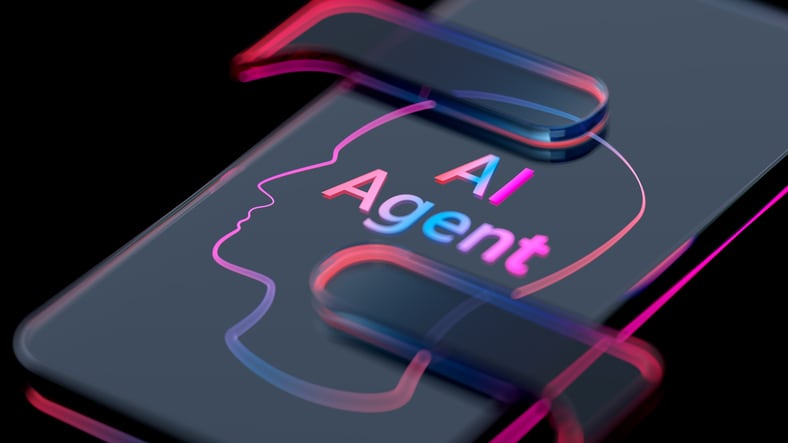Artificial intelligence can help brands move from reactive to proactive strategy – particularly as MAHA raises the bar on clean label, additive-free ingredient alternatives.
“AI will help brands turning MAHA from a sort of a regulatory challenge” into “a strategic advantage,” said Amenallah Reghimi, VP of product management of RegAsk, a provider of AI technology for companies navigating regulatory compliance. Rather than companies acting too late, “AI will allow this company to anticipate these rule changes,” he added.
From months to days
Traditionally, reformulation has been a slow, resource-intensive process, according to Reghimi. Brands must search for compliant alternatives, validate them across markets, update packaging and align with marketing teams – all of which can take six to nine months or longer, he emphasized.
But the good news is AI can compress that entire timeline, “which reduces both the regulatory and the consumer risk” and developing and stabilizing trust with consumers, Reghimi added.
Further, AI reduces exposure to costly recalls and consumer backlash, while serving as a competitive differentiator, he said.
Beverages and snacks move first
Among RegAsk’s clients, beverage and snacking companies are leading the way in AI-driven compliance. Beverages face immediate pressures around sugar reduction and labeling restrictions, while snacks are at the center of consumer and retailer demands for simpler ingredient lists, while maintaining taste, Reghimi said.
Snacks, he added, are under “the most consumer and regulatory pressure,” especially from schools, parents and retailers.
For example, Coca-Cola’s rapid pivot in Singapore when the government introduced a front-of-pack nutrition grade labeling system, Reghimi noted.
“They introduced global sugar and zero sugar variants because they knew consumer perception, but they were able to keep sort of the same taste,” he said. “I see an analogy on that with MAHA – making sure that the biggest challenge is, ‘How can I make things healthier, but keeping the same taste or keeping that brand loyalty?’”
From reactive to predictive
AI also is changing the game by identifying risks before they become compliance failures.
RegAsk’s AI “continuously scans the regulatory databases, scans the scientific publication, the policy draft,” Reghimi explained.
For example, if an alert pops up for an ingredient, AI flags it immediately “long before it becomes a recall or an enforcement issue,” allowing brands to avoid fines and focus more on innovation and communication, he said.
Leveling the playing field
Large multinationals may have deep compliance teams but can be slowed by their own complexity, while emerging brands are nimble but resource constrained, Reghimi noted. AI, he argued, can bridge that gap.
“It gives the smaller and mid-sized brands the regulatory intelligence that used to be available only to big players, while also helping the large multinationals to cut through complexity and speed up global compliance decisions,” he elaborated.
Looking ahead: Agentic and vertical AI
The future of regulatory compliance will hinge on two concepts: agentic AI and vertical AI, Reghimi advised.
Agentic AI will flag an at-risk ingredient, and autonomously act on those risks by providing proven alternative; while vertical AI is trained specifically on regulatory and food industry data, Reghimi explained. Between the two models, companies can streamline cross-functional coordination, he added.
From compliance to consumer trust
Ultimately, Reghimi says he believes AI’s greatest value lies not in cost savings or efficiency, but in protecting consumer loyalty.
Getting ahead of MAHA’s agenda means “moving from reactive to predictive or proactive compliance,” he said. “It’s not something about compliance. It’s really about trust. Brands that use AI to reformulate in a very transparent way will not really only just meet these rules, but they will really win the consumer for the long term.”




